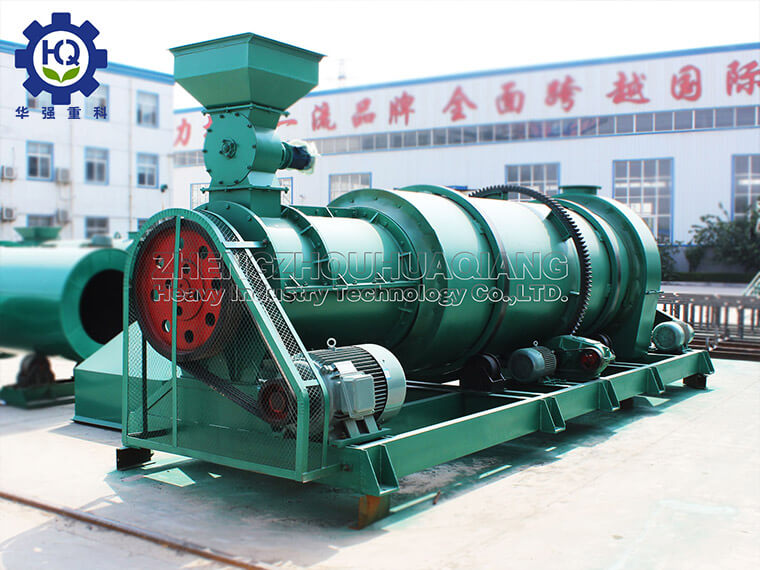Process flow and fermentation characteristics of small-scale powdered organic fertilizer production line
Powdered organic fertilizer refers to fertilizer produced by fermenting organic raw materials in a certain proportion without causing particles. There is a certain difference from traditional composting fermentation. The national standard is 40% organic matter, over 5% total nutrients, and 30% moisture. The equipment is also relatively simple, mainly consisting of three stages of fermentation: pre mixing, flipping, refining, and packaging.
The main purpose of the fermentation of powdered organic fertilizer equipment is to decompose the macromolecular materials of organic raw materials into small molecular materials that can be absorbed and utilized by crops through microbial decomposition. The quality of fermentation also affects the quality and effectiveness of organic fertilizers..jpg)
Powder organic fertilizer production line process: adding fermented products to the fermentation tank – evenly sprinkling bacterial agents – flipping fermentation – fermentation for 7-15 days – leaving the tank – screening – crushing – pre mixing – packaging (granulation can be added) – for sale.
Small and medium-sized powdered organic fertilizer production lines have low energy consumption, small footprint, no odor in the operating environment, zero pollution, good ventilation, and only 1-2 days for deodorization. The organic fertilizer production line has a compact structure and advanced technology. It uses harmless live bacterial preparations to treat livestock and poultry manure, and undergoes biological fermentation under the action of various beneficial microorganisms. After fully decomposing the organic matter, nutrients are released, and the resulting biological heat and high-temperature fermentation process can kill bacteria and insect eggs, detoxify and deodorize, purify the environment, achieve harmless, resourceful and industrialized treatment, low energy consumption, and stable product quality.
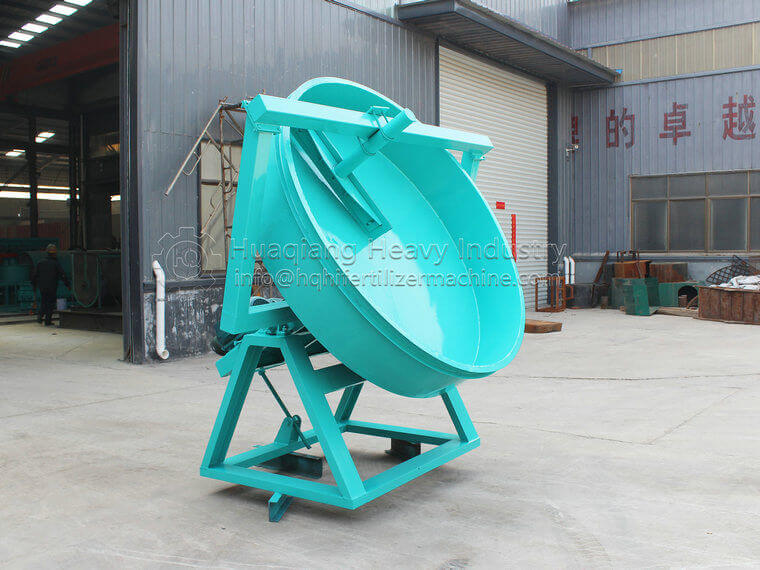
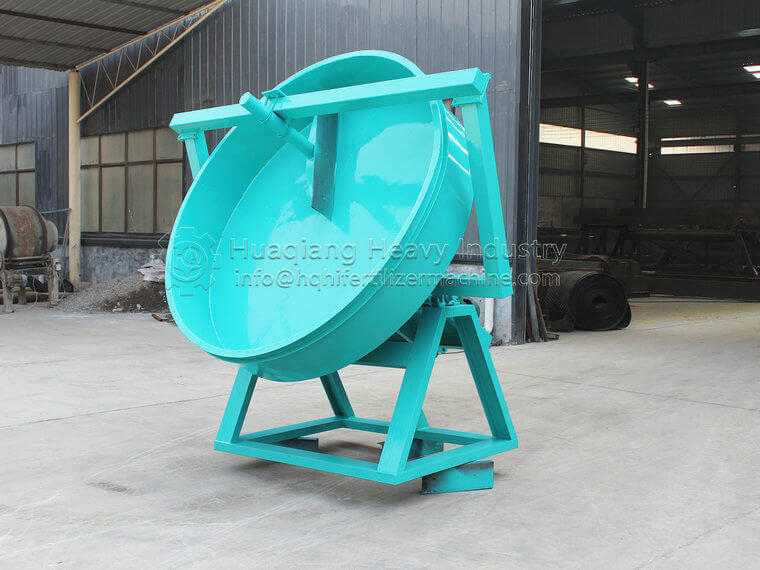
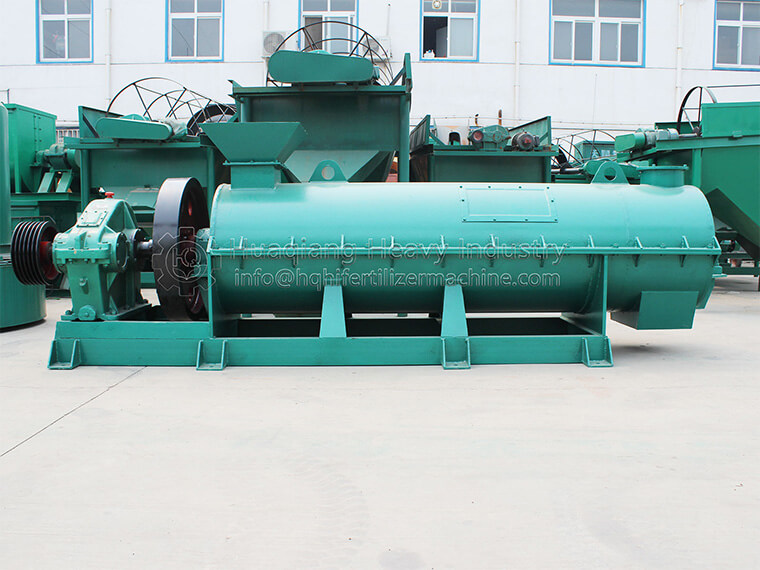
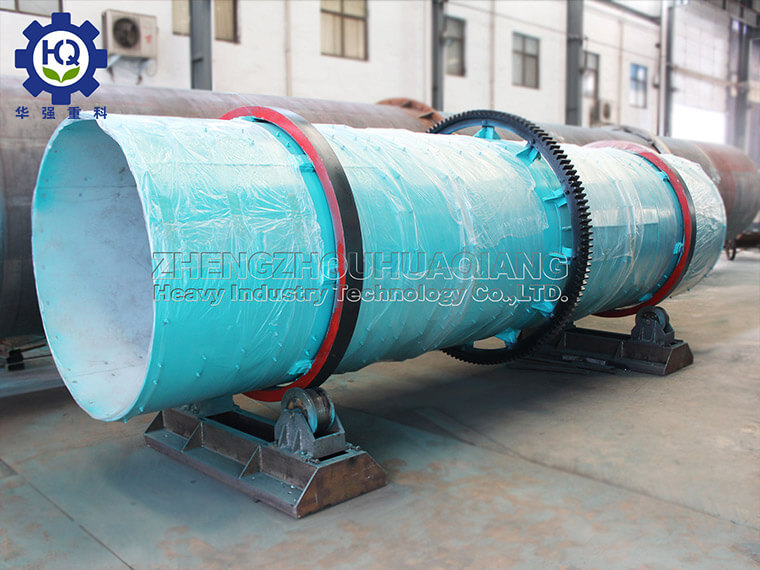
.jpg)
